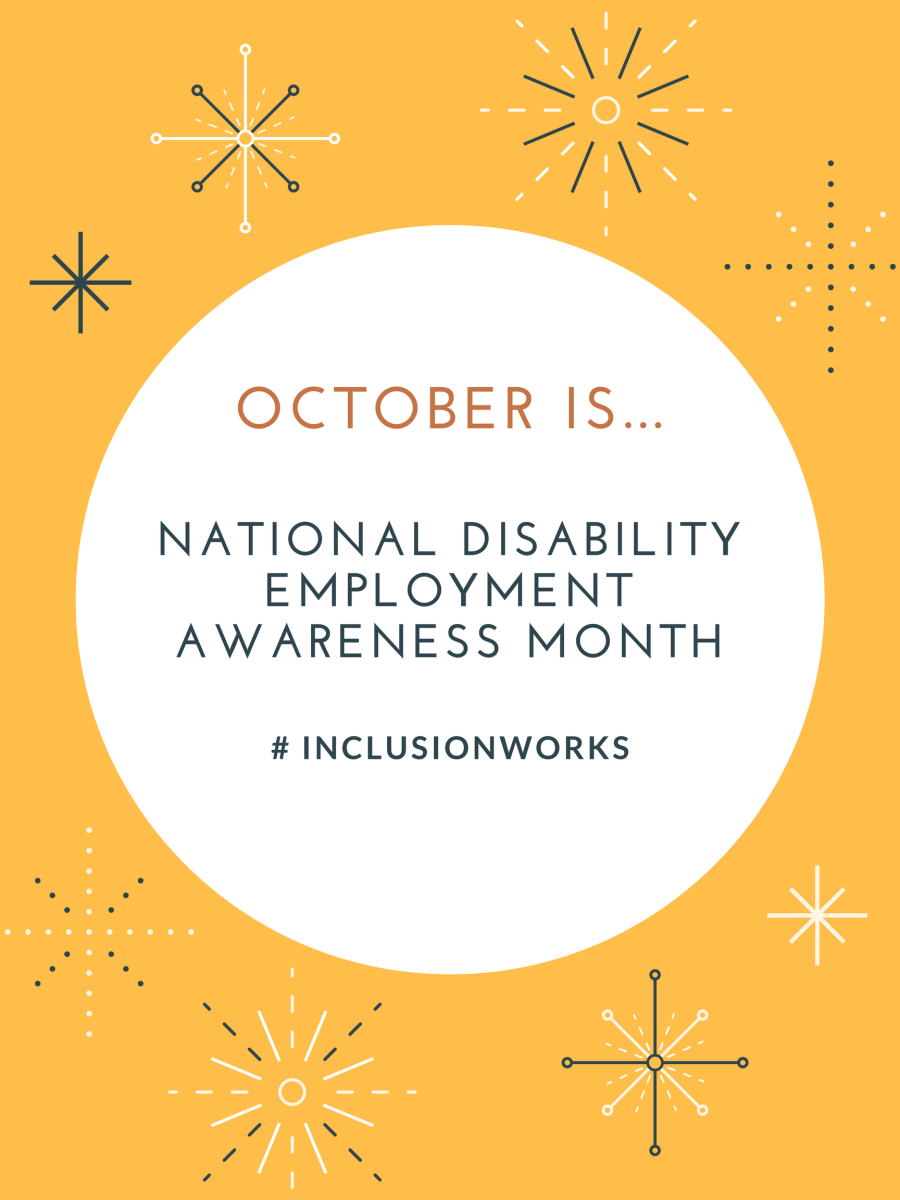October marks the beginning of National Disability Employment Awareness month and looks to remind students there are facilities available on campus that can help those with disabilities pursue both a higher degree in education and a long career in most expanding professions.
Students at Sonoma State University can find assistance at theDisabilities Services for Students in Salazar Hall 1049. The office is run by Director Brent Boyer, who helped explain exactly what kind of services are accessible for students who need them.
“In addition to providing disability-related academic accommodations for our students, the DSS office provides academic advising, which also includes discussion about vocational goals and planning. The student with a disability, at some point in their life, will have to determine if they will need to request accommodations in the workplace,” Boyer said. “So it is important for them to know about their rights and responsibilities under the ADA, to know what, when and if, they should disclose information about their disability to their employer.”
“We work closely with the CA State Department of Rehabilitation (Vocational Rehabilitation) and encourage our students to seek assistance from this state agency, which is at no cost to the student,” said Boyer. The department provided two on-campus orientations earlier this month and have actively taken part in Sonoma State’s Disability Awareness Month in April for the last seven years.
For local events and opportunities, a schedule is available on the university’s website at sonoma.edu/newscenter
In addition to the services on campus, California attorney Mark Potter, one of the heads of the awareness movement had much to say about the subject.
“Until now I have limited my advocacy to litigation. After hearing so many news articles regarding ‘diversity in tech’ referring to only race and gender and none referring to disability, I decided I’d like to change the conversation,” Potter said. “So much positive [change] is coming from the press regarding the lack of diversity in the tech industry. The big tech companies appear to be working hard to change the reality regarding lack of racial and gender diversity. If ‘diversity’ gets changed to include ‘disability’ then these tech companies will likewise work to create opportunities for persons with disabilities.”
Potter hopes to start Students for Access Club chapters in all California schools.
“Starting the on-campus club chapter Students for Access is easy. I will fund the beginning stages and have ideas regarding how it can raise more funds. I just need to find motivated students who are interested in disability rights. ‘Diversity in Tech’ is the motivating issue for me, but then the students can work on other issues that are most important to them. This is a great opportunity for students who were looking to make a difference. I can mentor them on how to organize and I can make it all fun too,” Potter said.
Any student can create a Students for Access club, and with the help of Potter and Boyer, those students will have the opportunity to work with some of the most significant people in their respective fields.



































